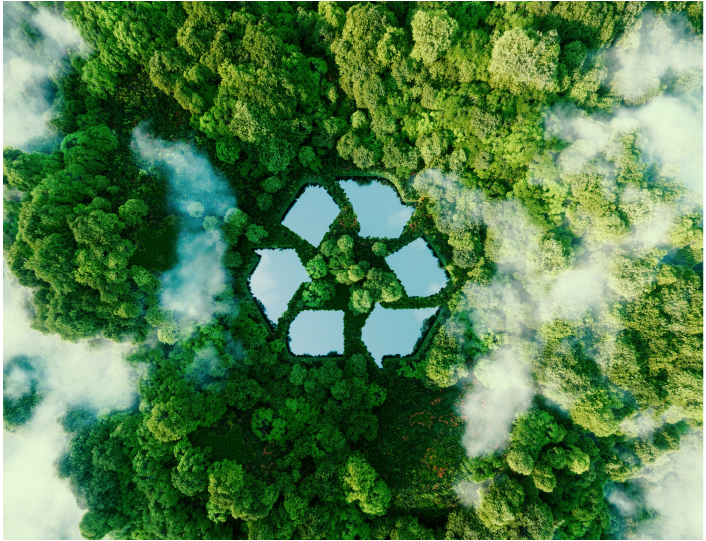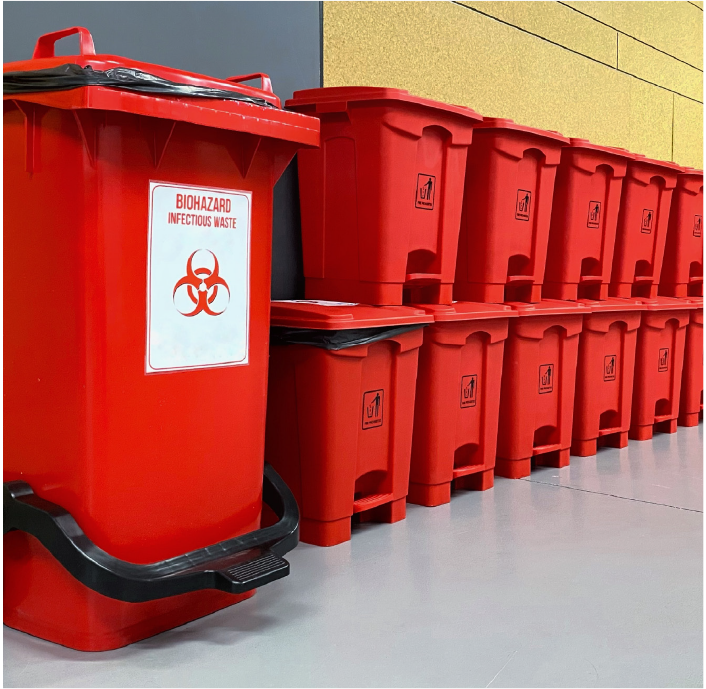Through the widespread adoption of solar panels, we harness the power of renewable energy while reducing our carbon footprint. We have also set targets to reduce Scope 1 and Scope 2 emissions, ensuring that our operations align with global climate goals. Targeted interventions are in place to monitor and control waste generation from our facilities, as we actively embrace our responsibility as an extended producer. Additionally, efficient water management practices are at the forefront of our agenda, ensuring the sustainable use of this vital resource. Through our different sustainability initiatives, we are contributing to a greener future.
Energy management
We are actively encouraging the adoption of solar panels as a sustainable and eco-friendly energy solution, aiming to transition from non-renewable sources to renewable energy. Through this approach we support the preservation of our environment and aim to reduce the carbon footprint associated with traditional energy generation methods.
Aligned with India’s net zero ambition, we have increased our reliance on renewable sources of energy. We have installed solar facilities at our Ranjangaon and Chakan facilities during FY 2023. The capacity of the Chakan plant has been increased to 605 KWP. During the current fiscal year, a 437 KWP rooftop solar system was also installed at Nirlep and a 791 KWP rooftop solar system was installed at the Ranjangaon unit.
We have also installed variable frequency drive (VFD) to control the speed of electric motors by varying its input voltage. For smooth operation of motors, we have implemented VFDs in motor-driven systems to enable, energy savings of up to 50% or more, depending on the specific application and operating conditions. The ability to precisely control motor speed, optimise energy usage at partial loads, and eliminate unnecessary mechanical control devices are key factors that contribute to energy efficiency when using VFDs.
Solar
2,138 KWP
Installed renewable capacity
Wind
2,800 KW
Installed renewable capacity

GHG emissions
To limit our environmental footprint, we are consistently monitoring our Scope 1 and Scope 2 emissions, with an aim to automate the entire process. We also strive to measure emission levels on a monthly basis and based on the analysis, strategies and corrective action will be taken. We have set a target to reduce specific Scope 1 and Scope 2 emission by at least 2%, by FY 2025.
2,138 KWP
Installed solar energy capacity
Waste generation
As a manufacturer of consumer electrical goods, we acknowledge that our products can become an environmental liability if they are not disposed properly at the end of their life cycle. Our products are wrapped in plastic packaging and some of our products contain batteries that have a significant impact on the environment. As a result, we have undertaken targeted interventions to monitor and control waste generation from our facilities. Along with efforts to minimise waste, we have also adopted an innovative approach to implement novel ideas that can contribute towards our goal of efficient waste management.
We have successfully redirected over 99% of our waste away from landfills through innovative practices and rigorous recycling efforts, effectively minimising environmental harm and maximising resource recovery.
5,568.15 MT
(4 manufacturing plants) Total waste generated in FY 2023
5,568.15 MT
Total waste treated
5,044.39 MT
Recycled waste
3.56 MT
(4 manufacturing plants) Waste treated through landfill
Bajaj Electricals collaborated with external agencies to meet the CPCB's Extended Producer Responsibility targets for e-waste, battery waste and plastic waste in FY 2023.







